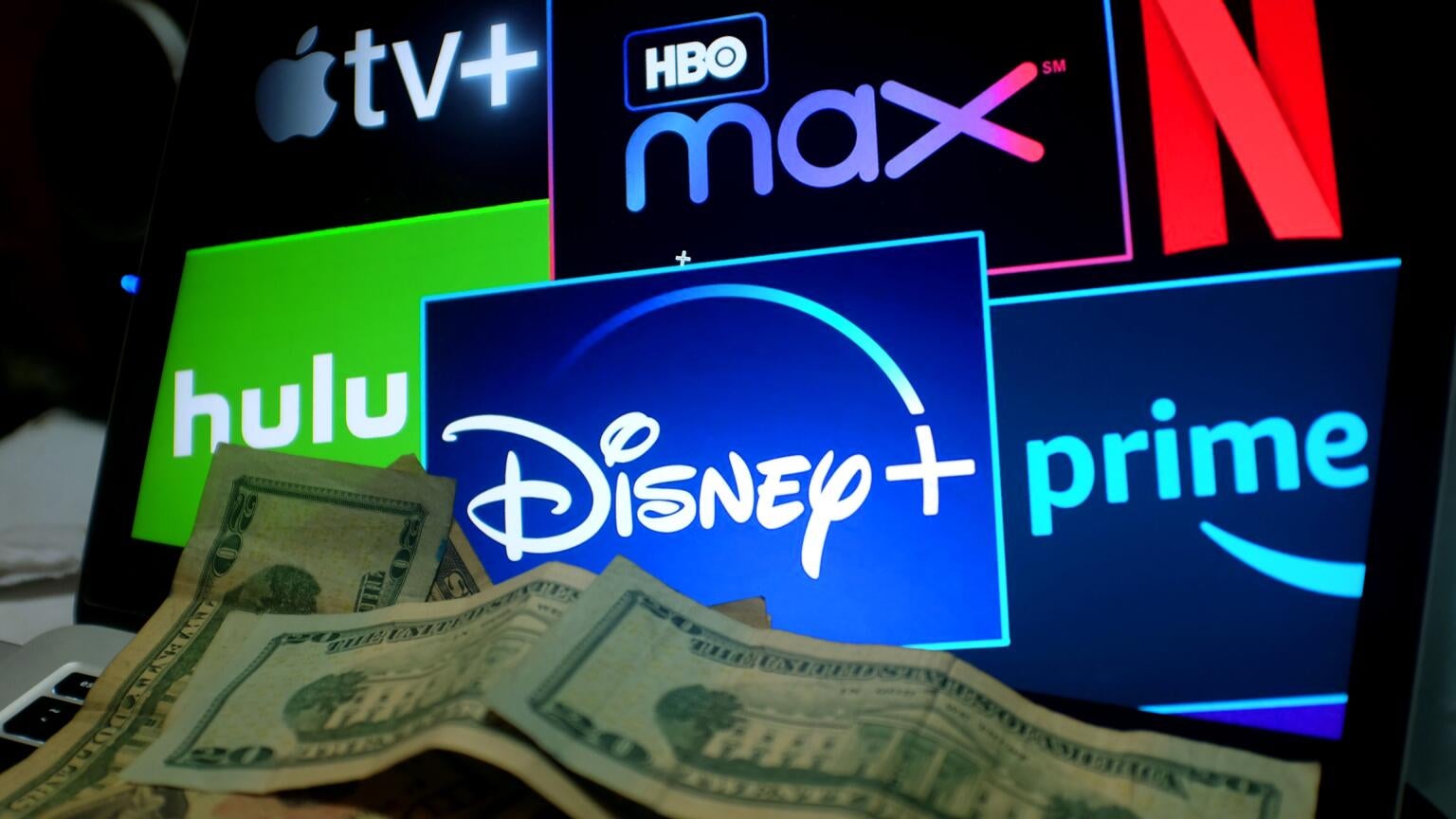With a Writers’ Strike Looming, How a Shutdown and New Deals Could Impact Streaming Customers

As streaming services struggle to achieve profitability, they’ve had to make some difficult decisions. This has included the removal of content from platforms, as Warner Bros. Discovery CEO David Zaslav did with shows from HBO Max’s library, early cancelations, licensing series to other streamers, and shelving projects altogether. By cutting down their catalogs — as well as their staffs — these streaming companies are attempting to pivot from focusing solely on accumulating customers to actually making money off of them.
But these brazen choices in the name of profit do not come without consequences. Due to these recent developments, as well as the general changes in the industry, many believe that a writers’ strike is on the horizon.
According to a Los Angeles Times interview with United Talent Agency president David Kramer, some of the things that writers may fight to gain are an increase in their minimum pay rate, higher payouts in the event a streamer removes a show from its library, and more writers working per show, in order to decrease the number of hours required of the existing writers on the staff.
One of the most significant obstacles to a potential deal is the way residuals for shows are distributed. While writers have always received a set amount of residuals based on the number of viewers who watch their shows on a streaming platform, certain recent trends have made the calculation of these numbers more complicated. Streaming services are beginning to rely more on ad-supported video-on-demand (AVOD) models, meaning that shows are now garnering even more revenue for the streamer that was not part of the original deals with writers.
If television writers do not receive a new, more transparent deal from the streaming giants, we could see a strike on the level of the 2007-08 Writer’s Guild of America impasse, which had a tremendous impact on the entertainment industry for years. As studios and writers work to put together new agreements, one must consider how these negotiations and potential changes could affect the way that streaming services do business.
If no new agreements are reached and the strike occurs, there will almost certainly be a shutdown of most productions. Since series are in production months and even years before they eventually air, viewers won’t notice any disruptions right away, but depending on how long a potential strike runs, eventually the development pipeline will slow down, resulting in fewer new projects coming to TV and streamers.
Studios are already altering their production calendars in order to account for a theoretical walkout; they are currently attempting to work ahead in order to have more content ready to go if/when they need to fill in the gaps created by a writers’ strike.
But as both sides work to dodge this walkout scenario, it’s becoming clear that even when both sides agree to a new deal, there will be substantive changes to the way that the industry works which will directly impact the way that streaming services handle their content. If writers expect better, and more consistent, pay from streaming services, the companies will need to find ways to earn additional revenue from their content, because they are certainly not going to simply accept less revenue across the board.
A new deal between writers and streaming services would likely mean that any show that does get produced is far more likely to stay on the streaming platform that creates it. This would mean fewer sad scenarios like that at HBO Max, where viewers saw whole swaths of content simply disappear from the catalog. With fewer shows getting produced, the platforms would need to invest more resources and effort into ensuring that the shows they do have succeed, likely in the form of better marketing campaigns for shows. It could even mean that shows would be given more leeway before cancelation, as part of the streamers fulfilling contractual obligations to their writers and other people in production.
Of course, not all of the effects of new deals will necessarily be positive for viewers. If writers are to be paid more, that means that production budgets would naturally increase, perhaps leading to a reduction in the number of shows created. Obviously, the streaming services won’t be thrilled to be paying anyone more than they previously had to, so it’s possible that they’ll reduce their number of projects in order to compensate for higher line items going forward. For some, this reduction in the number of series produced could definitely be seen as a negative, although, in a world where we’re being fed unfathomable amounts of content on the daily, one could view it as simply a reduction of bloat.
Nobody involved — from writers to studios to viewers — wants a writers’ strike to occur, but whether or not it’s able to be avoided, customers can expect the ripple effects from these negotiations to have an impact on their streaming experience for years to come.